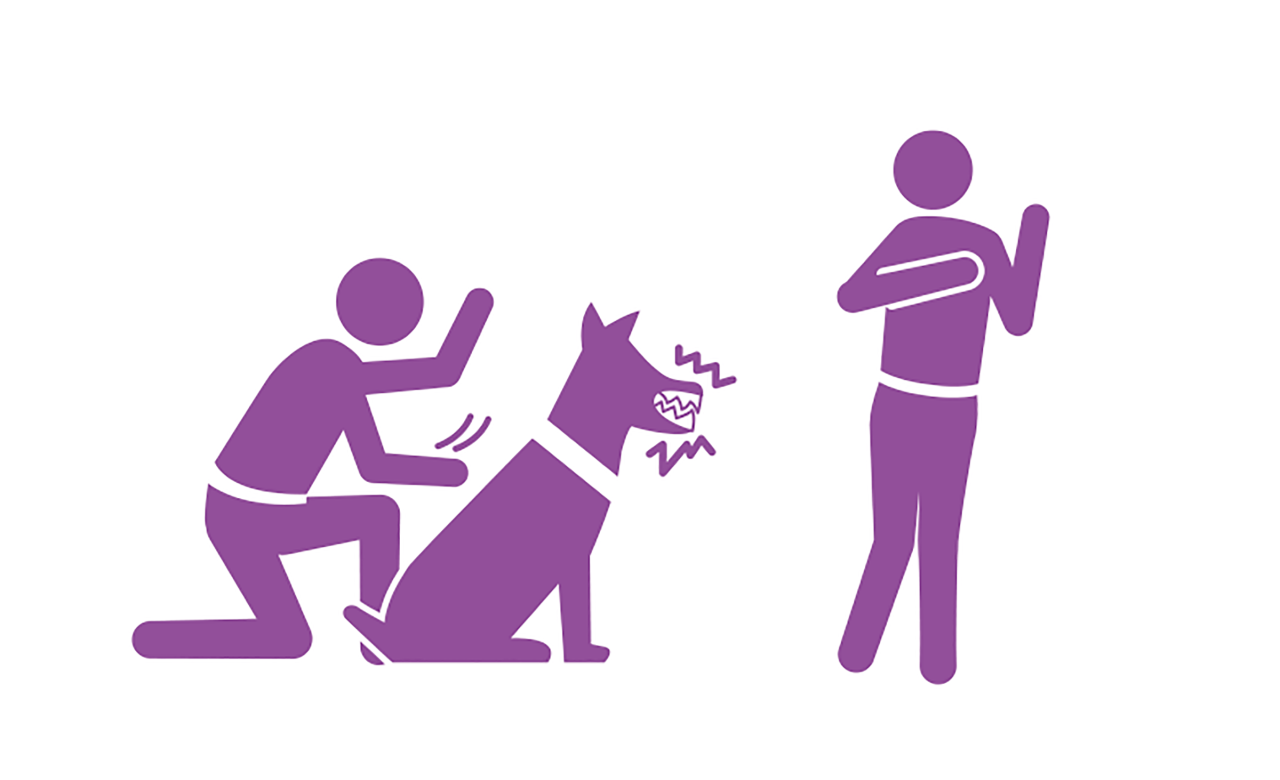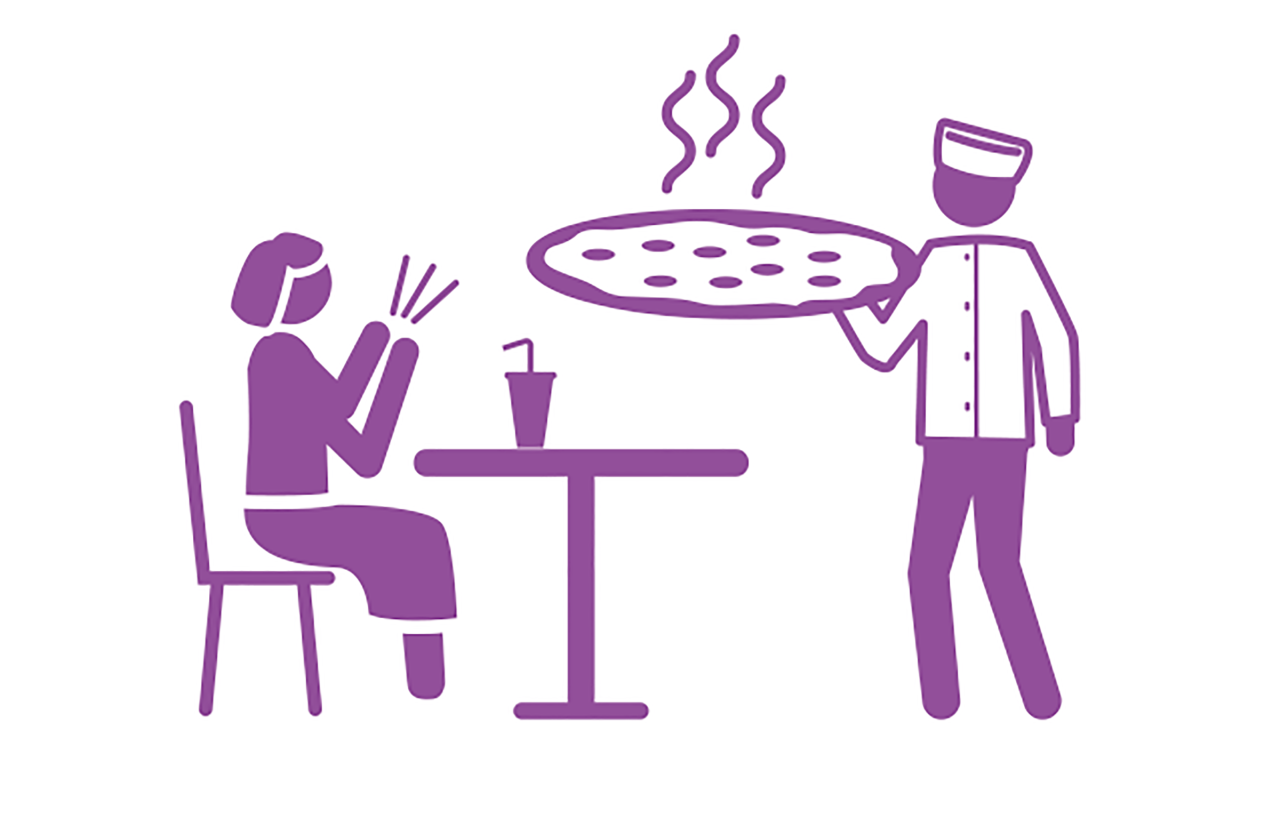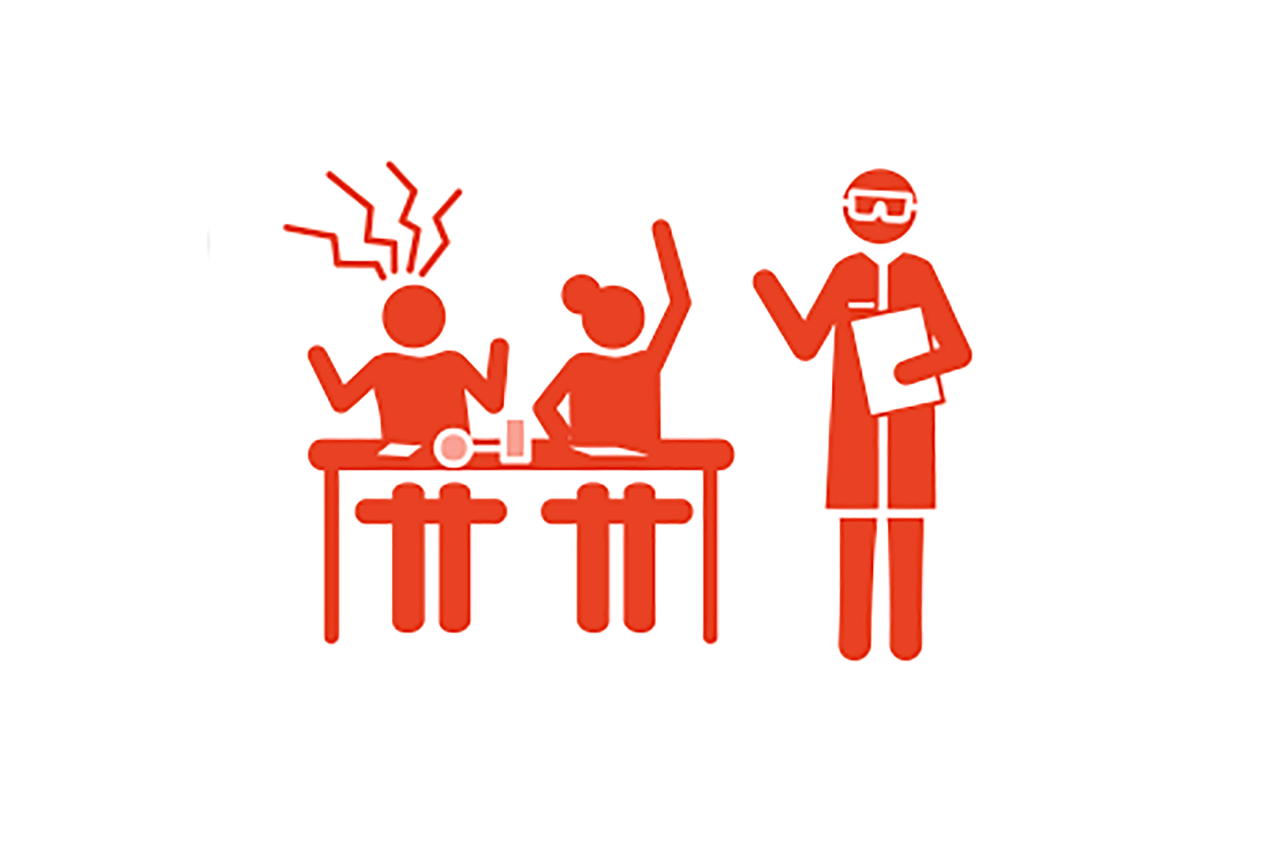15 Common Idioms: English Phrases for Everyday Use
Improve your English with these practice sentences
Idioms are expressions that cannot be understood literally, and when learning English they can be some of the most difficult expressions to understand! For example, "like two peas in a pod" has nothing to do with peas, but means that two people look similar.
Idioms are used constantly in the English language, both at work as well as at home, and are key for language progression.
To make things easier, we've put together a list of some of the most common English idioms and their meanings. Review and practise the phrases below, using these example sentences from English for Everyone: English Idioms.
A piece of cake
In a sentence: Unclogging my sink was a piece of cake for Carlita. She’s a plumber.
Meaning: Extremely easy and straightforward.

Let the cat out of the bag
In a sentence: I'm planning a surprise holiday for Liam to celebrate our wedding anniversary. Don’t let the cat out of the bag!
Meaning: Reveal a secret by mistake.

Judge a book by its cover
In a sentence: I know he looks scary, but my dog is really gentle. You can’t judge a book by its cover.
Meaning: You shouldn’t make judgements based on appearance.

Break a leg
In a sentence: I hope the performance goes well, Adam. Break a leg!
Meaning: Good luck! (said before performing onstage)

View the book for more

Under the weather
In a sentence: Ayano was feeling under the weather, so she left work early.
Meaning: Not well, slightly sick or ill.

By the skin of your teeth
In a sentence: Maddy caught the train by the skin of her teeth. It left a few seconds later.
Meaning: By the smallest possible amount of time.

I could eat a horse
In a sentence: I’m so glad I ordered an extra large pizza. I could eat a horse!
Meaning: I feel extremely hungry.

Beat around the bush
In a sentence: I wish my boss would stop beating around the bush and tell me what he really thinks of my product idea.
Meaning: Avoiding a subject by talking about irrelevant things.

Once in a blue moon
In a sentence: Huan only cooks at home once in a blue moon.
Meaning: Very rarely.

Have butterflies in your stomach
In a sentence: Jamal had butterflies in his stomach as he waited for his date outside the restaurant.
Meaning: Was excited and nervous.

A tough cookie
In a sentence: Debbie’s a tough cookie. She doesn’t mind when people criticise her work.
Meaning: Determined and physically or emotionally strong.

See eye to eye
In a sentence: I’m glad my boss and I see eye to eye about recycling in the office.
Meaning: Agree fully or have a similar attitude.

Cost an arm and a leg
In a sentence: My new suit cost an arm and a leg. I bought it in Milan.
Meaning: Cost a large amount of money.

Steal someone’s thunder
In a sentence: Megan stole my thunder when she told the professor the result of my experiment.
Meaning: Stole my idea, or diverted attention away from me

On the ball
In a sentence: He is really on the ball and never makes a mistake at work
Meaning: Alert and efficient

To learn more common English idioms and difficult English phrases, discover English for Everyone English Idioms. It's the perfect companion for anyone learning English and wanting to improve their understanding and fluency.
Continue learning, read our article on 15 Common Phrasal Verbs
Want to continue learning? Why not read the 15 Common Phrasal Verbs article. The article explains what phrasal verbs are and provides context driven examples all of which are from the English for Everyone: English Phrasal Verbs Book.You'll also get a free PDF download with learning activities from the English for Everyone: English Phrasal Verbs

article
Learn 15 Phrasal Verbs


